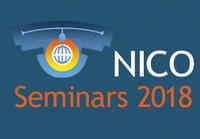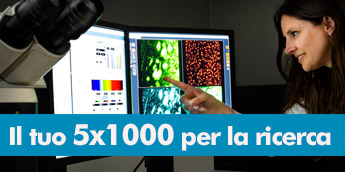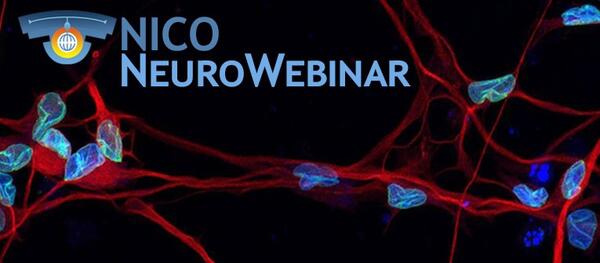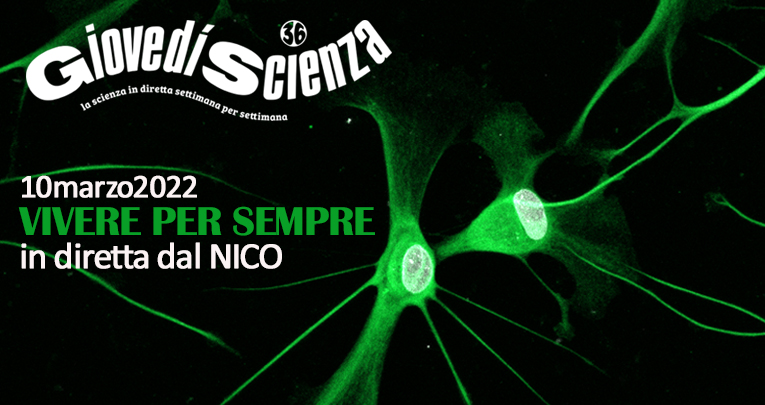INN Open Neuroscience Forum
Friday, 18th May – h. 12:00
Seminars Room, NICO
Serena Stanga, PhD
Alzheimer Research group/CEMO, Institute of Neuroscience (IoNS)
Université catholique de Louvain (UCL) - Brussels (Belgium)
APP and Presenilins: biological function and role in neurodegenerative and neuromuscular diseases
The major role of the Amyloid Precursor Protein (APP) in the onset and progression of Alzheimer's disease (AD) has been revealed almost three decades ago by the combination of genetic and biochemical approaches, leading to the amyloid cascade hypothesis. Similarly to APP, Presenilins (PSs), the catalytic core of the multiprotein enzymatic complex (β-secretase) generating the beta-amyloid peptide (Aβ), are mainly studied for their role in the ultimate step of APP amyloidogenic processing.
Apart from generating Aβ, the major constituent of senile plaques that are typical AD lesions directly related to AD onset and progression, the pivotal physiological role of APP and how PSs could impact it remains scarcely known or controversial. A leading hypothesis suggests that APP function relies on the transcriptional regulation that APP exerts on a set of target genes, the so-called APP target genes.
In this context, we contributed to a more comprehensive picture of APP regulatory network and physiological function by showing that APP-dependent regulation of the Glial cell line-Derived Neurotrophic Factor (GDNF) drives the process of neuronal and muscular maturation involved in neuromuscular junctions (NMJs) formation (Stanga et al. FASEB J 2016). APP-dependent GDNF transcription appears as critical for the muscular phenotype observed in APP null transgenic mice (APP-/-).
Moreover, in a non-biased transcriptome analysis, we observed that GDNF transcription is strongly reduced in PSs deficient mouse embryonic fibroblasts (MEFs); interestingly, Presenilin 2 (PS2) appears to be predominant in this process.
It is therefore of particular significance to understand the molecular mechanisms recruited by APP/PS2 to control the expression of the GDNF, a neurotrophic factor fundamental for both central nervous system (CNS) and peripheral nervous system (PNS) neuron survival and, importantly, altered in AD and amyotrophic lateral sclerosis (ALS).
Host: Alessandro Vercelli
Agenda
Area Ricercatori
Guarda il video
GiovedìScienza racconta la ricerca al NICO
Vivere per sempre.
Una popolazione sempre più longeva, i suoi problemi e le risposte della ricerca
Hai perso la diretta? Guarda ora il video di GiovedìScienza al NICO: una puntata in diretta dai nostri laboratori dedicata alla ricerca sull'invecchiamento.











